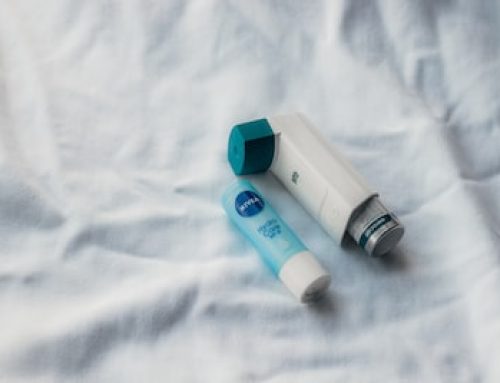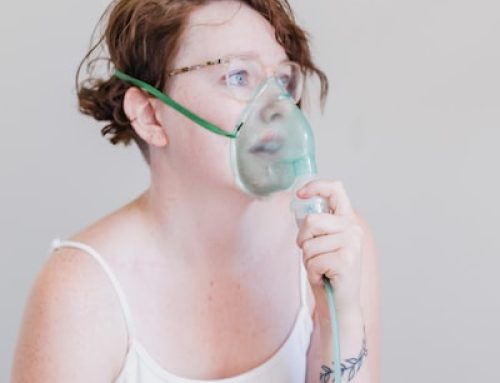The Book Blue Mind
In this book Wallace Nichols tells us about the beneficial effects experienced by those who spend time in, on or near the water. Nichols is a a marine biologist and has studied sea turtles for more than two decades. Blue Mind is his term for a “mildly meditative state characterized by calm, peacefulness, unity and a sense of general happiness and satisfaction with life in the moment.” Eighty percent of the world’s population lives within sixty miles of the coastline of an ocean, lake or river. With summer soon upon us, it’s time to get to somewhere wet to feel better.
Water beings
We’re water beings ourselves. Life began in the sea. In addition, we begin our own lives with bodies composed of about 75 percent water. As we age, that number shrinks to 60 percent. But our brain stays 80 percent water. Our cerebrospinal fluid buoys up our brain. This reduces the brain’s effective weight from 1,400 grams to between 25 and 50 grams. Thanks to water’s buoyancy, a 200-pound human body weighs only around 10 pounds in water.
Stress is a killer
According to the Centers for Disease Control, the top ten causes of death around the world are either caused or exacerbated by stress. Thus clearly we want to reduce the amount of stress in our lives. Nichols calls Red Mind the physiological state of arousal in the sympathetic nervous system. We need this arousal on an immediate basis in survival situations. But this is a state which when maintained chronically is detrimental to our health. The multiple stimuli impinging on us during a typical day can drive this state. These stimuli require us to maintain directed attention.
A watery environment is healing
In contrast to directed attention, involuntary attention occurs in an environment outside our usual habitat with enough familiarity that it poses no threat but which offers us enough interest to keep our brains engaged. In this kind of environment, small things randomly attract our attention, but only momentarily and usually require little focus or response. Being in or on the water, there is a constant changing of the sights, sounds, and smells around a person. Yet all is essentially staying the same. It’s regularity without monotony.
Follow your water stories
Nichols notes that people change their behavior less in reaction to data and more in response to storytelling. He does cite multiple studies, however, in case you’re interested. So if you want to get yourself relaxed in or on the water this summer, think of times (your stories) when you enjoyed experiencing water in the past. These times could include a family vacation down the shore. Or maybe when you were fishing, surfing or canoeing. Or maybe during that relaxing bath you took once (hopefully many times more than once). In any case, be safe in the water this summer and let it have its healing effects on you.






